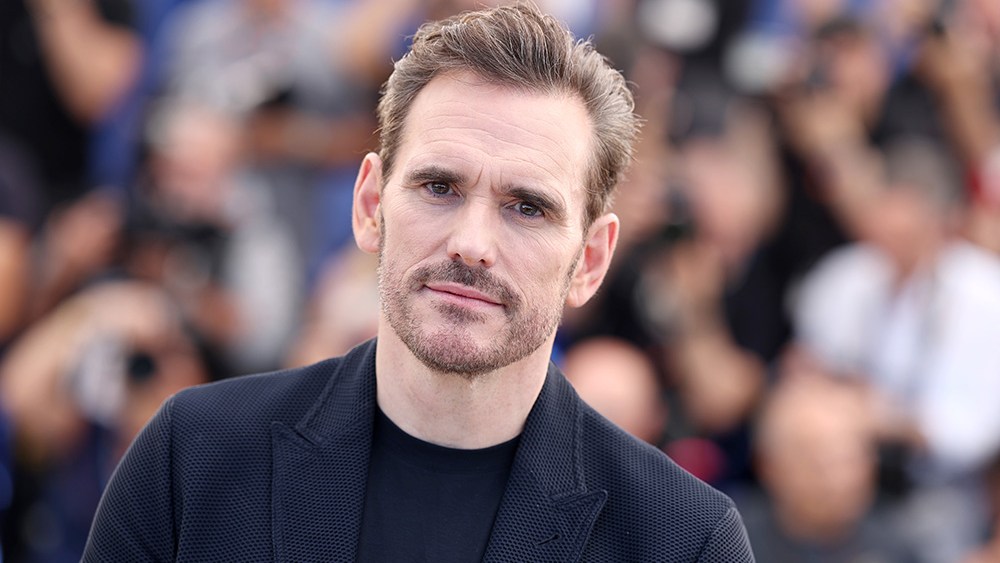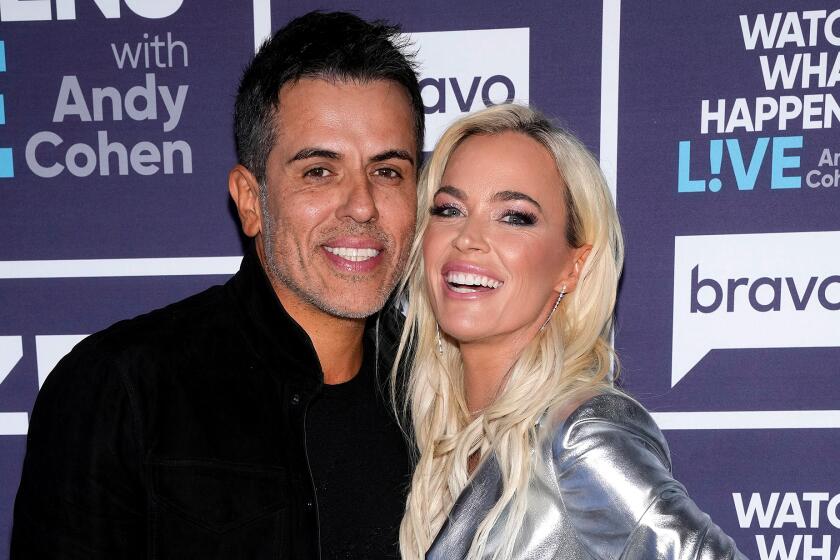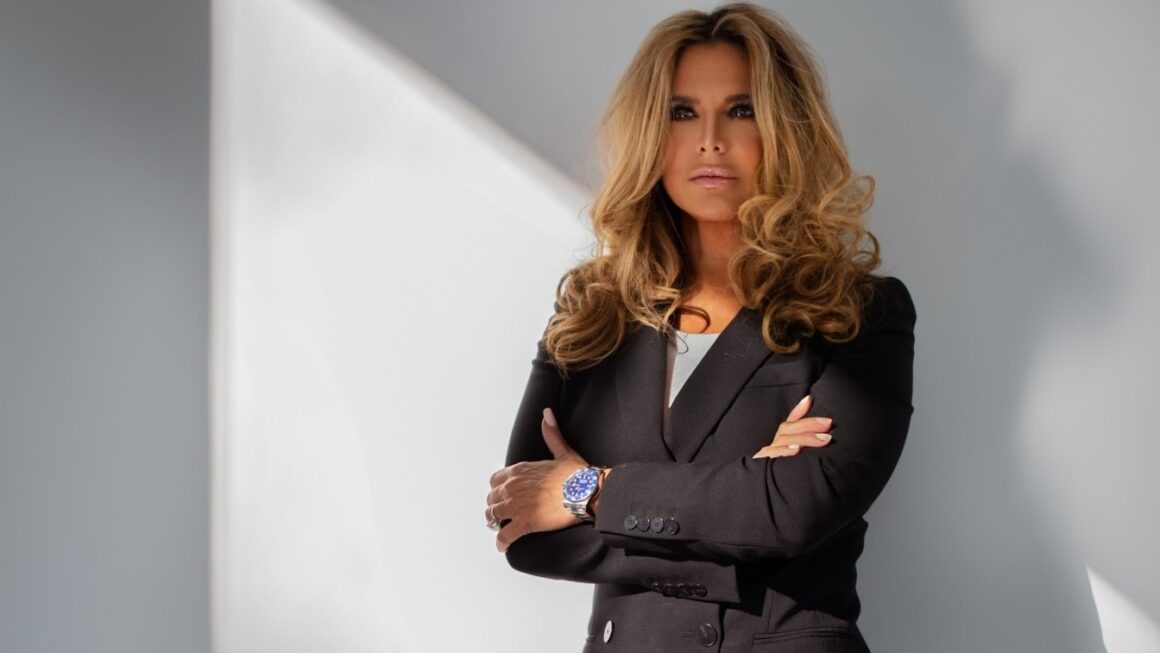
Traveling to Greece for the Thessaloniki Film Festival has not stopped Matt Dillon from voting in the upcoming U.S. election. “I voted before I came because I had to vote,” he told journalists at a press conference. “When I agreed to come to Thessaloniki, I didn’t realize it was going to be in the middle of it. But, of course, I voted, and I will just say I voted for Kamala Harris. I feel strongly that she is the best candidate for me.”
Dillon, who is the recipient of Thessaloniki’s Golden Alexander award, is also at the festival with Jessica Palud’s “Being Maria,” in which he plays Marlon Brando during the shooting of Bernardo Bertolucci’s “Last Tango in Paris.” The chance of playing one of his acting heroes was something the Oscar-nominated actor “could not resist.”
“Brando is very influential not just on me, but all actors. He changed the whole game, multiple times,” he said. “I liked the script and thought the depiction was fair and honest. Later on, I was like, ‘You idiot! Why did you choose to do this?’ He is probably one of the most interesting people of the 20th century so it was difficult, but I liked the challenge.”
Dillon was open about the sensitivity of the material he was dealing with in “Being Maria.” Adapted from Vanessa Schneider’s “My Cousin Maria Schneider: A Memoir,” the film focuses on the trauma experienced by the young actress on set and how it would come to shape the rest of her life.
In the 1972 erotic drama, Brando’s Paul rapes Schneider’s Jeanne using a stick of butter as a lubricant. The actress was just 19 to Brando’s 48, and said in a 2007 interview that the scene “wasn’t in the original script,” adding, “I felt humiliated and to be honest, I felt a little raped, both by Marlon and by Bertolucci. After the scene, Marlon didn’t console me or apologize. Thankfully, there was just one take.”
At the conference, Dillon said that, as an actor who also started working very young, he “had a lot of empathy for Schneider.” “I can identify somewhat with being a young person, not really having agency over what you’re doing, what you can say and setting boundaries… I was very moved by the performance of Anamaria Vartolomei in the film and very proud to have been a part of this.”
Still, the actor considers “Last Tango in Paris” to be a masterpiece despite Bertolucci’s “mistake.” “I do not say that in any way to cast any shadows on Bertolucci, but he is a brilliant filmmaker and I don’t think his intentions were to do something sadistic. [He] was seeking something and it was a different time. It was a mistake, an insensitivity.”
Dillon’s concern was that the film “would become a political movie of some kind, a dogmatic movie.” “This is not a story about feminism, it’s a story about a human being,” he said. “The mistake is to simplify this thing, that these men did this horrible thing to this woman. Her life was already unstable because of her family background. When she got to that set, it was the worst possible scenario.”
“I believe ‘Last Tango in Paris’ is a fantastic, important movie,” he continued. “What Brando did as an actor was game-changing.” Commenting on the infamous butter scene, Dillon said it was “the only scene in the [original] film that I didn’t like. It always felt out of place to me.”
“They were trying to make art and push things a certain way and made a mistake,” he added. “It’s one thing for a director to not tell an actor what they’re going to do but not with a scene like that. It’s different. This was a major mistake and caused great trauma. I’m very sensitive to exploitation and there was exploitation in that scenario.”
Dillon also spoke about working with an intimacy coordinator for the first time in his career on Palud’s drama. While on set, he told the coordinator that their job was created “because of that scene,” referring to the rape scene in the original film.
“If you ask where the job comes from, you can probably trace it back to that scene in ‘Last Tango in Paris,’” he said. “A lot of people will be against it because it takes from the director,” he continued, adding that the job speaks to an “idea of policing” he is against on a film set.
“You don’t want someone there who is just going to try to make sure people behave a certain way,” he said. “The good thing about the coordinator is that it gives people a safe space because everybody has different concerns and fears. We have stunt coordinators and they help. There is no reason an intimacy coordinator has to be a negative thing.”
Dillon went on to add he doesn’t have enough experience with intimacy coordinators yet to have a firmer stance on it, but has heard “funny stories” from colleagues. “They want you to wear a suit of armor when you’re shooting to make sure nothing is touching… That is BS,” he said.
![]()






